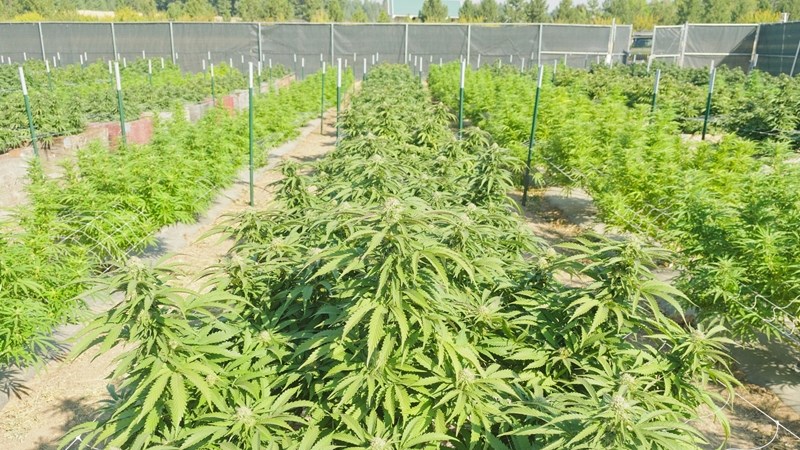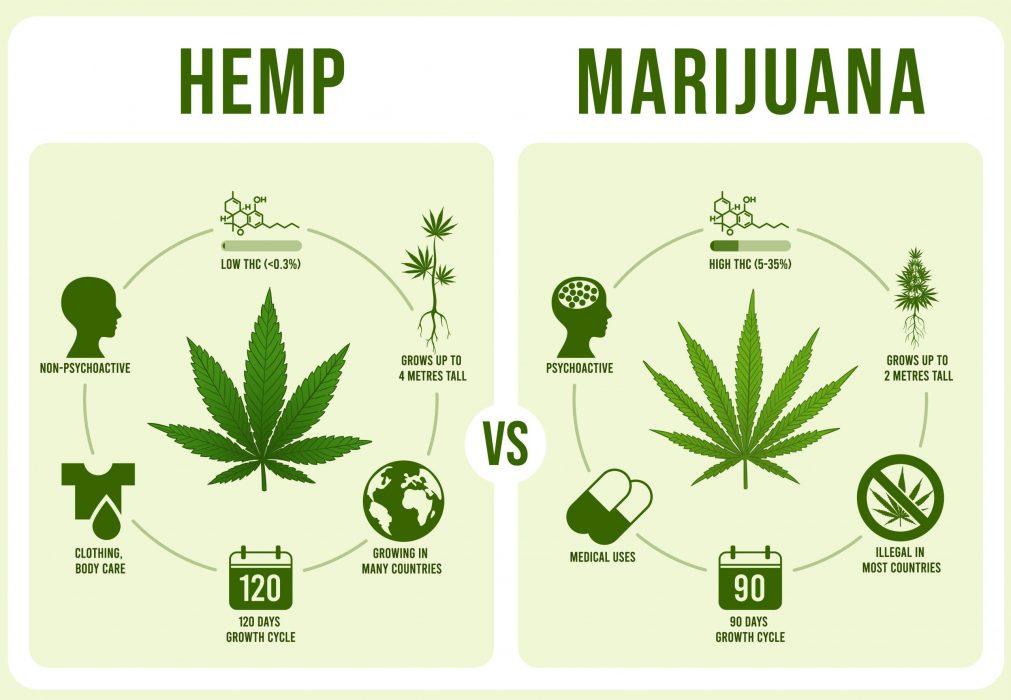Central SA
Lekgotla to shed light on cannabis opportunities─── 07:27 Mon, 12 Sep 2022

South Africa’s flourishing cannabis industry promises, like in many other developing countries that have legalised the cultivation of the plant, to be a much-needed economic boom.
However, prospective growers and manufacturers could see their dreams go up in smoke should they not follow the correct procedures and channels to enter the industry.
This week (14 - 16 September 2022), the North West Department of Agriculture and Rural Development (NWDARD), in collaboration with the North-West University (NWU), is set to host their first ever Cannabis Lekgotla at the NWU Mahikeng Campus.
The lekgotla aims to explore inclusive and representative entrepreneurship opportunities for the North West community in order to implement the National Cannabis Master Plan for economic growth.
The event will be hosted both physically and online.
However, due to limited capacity for physical attendance, the public is encouraged to attend the event online. They are also urged to visit local municipalities across the North West in order to be registered for online attendance.
According to Bothoboile Pule, the Chief Director of Agricultural Producer Support, the key points of discussion will be the regulatory framework around cannabis, producer support systems, science and technological developments, and how to help people access the cannabis market.
“We’re also going to discuss the laws about cannabis just to inform people so that they don’t find themselves on the wrong side (of the law),” Pule adds.
ALSO READ: NW Agriculture holds webinar on cannabis growing in province
Pule further tells OFM News that the department is aware of the fact that the current regulations and guidelines are not “user friendly” nor “widely accepted” by those in the cannabis space.
Hence, the lekgotla will serve as a platform where people engage with the department and all relevant stakeholders in order to review the current acts.
A change in legislation
The South African Government legalised the use of cannabis under certain conditions in 2018, and the Cabinet put an industrialisation and commercialisation plan in place for the crop in 2019.
The Department of Agriculture, Land Reform and Rural Development (DALLRD) meanwhile encourages farmers and those interested to apply for hemp permits.
This comes after the department announced it is opening applications for hemp cultivation permits.
At the end of October 2021, hemp was declared an agricultural crop under the Plant Improvement Act, which permits its cultivation, exportation, importation, sale and research.
Difference between hemp and marijuana
Hemp is a plant species that falls under the cannabis genus and can be used for multiple purposes.
According to a research article from the Environmental Chemistry Letters, the plant can be used for food, clothing, rope, animal feed and for industrial purposes such as insulation material and automotive composites, as well as for cosmetics and personal care items.
The production scientist at the Agriculture Department, Francina Rakgahla, explains the term ‘cannabis’ refers to both hemp and marijuana. Marijuana is used as a medicinal and recreational drug.
The two plants can be distinguished by their growth patterns. Hemp grows tall and has skinnier leaves, mostly concentrated at the top of the plant, whereas Marijuana grows shorter, and bushier with leaves that are tightly budded, broad, or feature tiny nugget-like buds covered with small crystals or hairs.

IMAGE: AdobeStock
Another difference between the two cannabis varieties is the number of psychoactive compounds found in the plants. The psychoactive compounds are called tetrahydrocannabinol (THC), which has been historically used recreationally due to its psychoactive effects. Recently, the compound is being explored for its medicinal uses as well.
“The percentage for THC ranges from 0,3 -1,5% for hemp and marijuana ranges from 5-20%,” Rakgahla says.
Currently, there are two different licensing processes for cannabis in South Africa.
The one falls under the DALLRD, which is the hemp permit. This is due to the fact that hemp is regulated under the Plant Improvement Act.
Due to the difference in THC levels, the licensing permit for marijuana falls under the Department of Health, which issues a medicinal cannabis license.
According to Rakgahla, marijuana is regulated under the Medicinal and Related Substance Act, with the South African Health Products Regulatory Authority (SAHPRA) as the regulator.
At present, the DALLRD is in consultation with National Economic Development and Labour Council (Nedlac) social partners to make inputs to the National Cannabis Master Plan for South Africa, with the aim of finalising the document, Rakgahla added.
Viewed from a producer’s perspective
Charl Henning, the administration manager and victim support of Fields of Green for All believes government is too focused on regulating the growing of cannabis and should rather focus on the end product.
“The confusion around cannabis regulations stems from the conflict that some parts of government want to go ahead with the legalisation of cannabis, whereas the other parts of the government are against the legalisation thereof,” he adds.
According to Henning, the issue around drug arrests in connection to cannabis is due to the Drug and Drugs Trafficking Act which has not changed, despite the regulations that were proposed.
“Government needs to change the law around cannabis regulation in order to have a cannabis future that will contribute to the country’s economy,” Henning says.
When asked about any new amendments to the current cannabis regulations, Rakgahla encourages people that do have concerns to offer their suggestions so that the department can best see how to add to the new amendments.
Those that wish to acquire hemp permits are encouraged to visit DALLRD’s website, which contains the application forms and guidelines the department has developed.
According to Rakgahla, the requirements for a hemp permit are as follows:
- One needs to own land in the form of legal permission to occupy, a lease agreement or title deed.
- Supporting documents needed are your ID, registration of company should you have one, a police clearance certificate, and proof of payment of the application form.
The hemp permit allows for production, cultivation for industrial uses, exportation and importation, sale and research.
Rakgahla further encourages the public to familiarise themselves with the Plant Improvement Act and its regulations.
This, as people often apply for permits without knowing what they are applying for.
The same applies to the cultivation of marijuana. However, people need to familiarise themselves with the Medicine Act administered by the Department of Health and the Drug and Drugs Trafficking Act that is issued by the Department of Justice.













